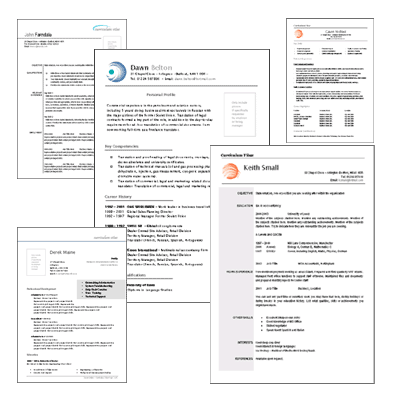How To Write Functional Resumes

Functional resumes highlight a persons abilities. Those that are looking to make a career change or might be trying to get a better job will require a good functional resume. Although an efficient structure can be useful for putting together a functional resume, there are certain guidelines that you will want to follow. Many interviewers know that people looking for work use the structure to shine over an irregular career record. Customise your resume for the company and show a consistent performance record on it so that companies can see your true skills and experience and not just irregularities.
Instructions
-
1
Group your top abilities and encounters into different categories. These groups become the subheads for the "Experience" area on your resume. Make groups such as "Leadership," "Systems Management," 'Writing" or "Sales and Marketing." You may highlight some abilities over others based on the job for which you will submit your resume. Always keep a functional template on your computer or laptop that you can use to quickly edit certain aspects according to the needs of the job description that you are applying for.
-
2
List the job headline and the organisation for which you earned experience. A very well known University notices that composing the job headline first informs companies about your job success and career record. Be reliable. If you've had famous roles and proved helpful for a well-known organisation, for example, record the organisation name first throughout your resume. You want the keywords that companies are always looking for to attract attention throughout your resume.
-
3
Describe how you used each expertise at each place. Include encounters and abilities you grabbed helping out, interning or at part-time tasks. These encounters are just as useful as full-time employment experiences. Remember you want your resume to be complete with all the experience that you have. It does not matter how trivial the experience might be, certain employers might be looking for just that type of skill and could possibly hire you.
-
4
Consider writing the experiences and skills you polished while working full time or part time. Put down academic achievements either before or after encounters. If you just finished at school, you may want to highlight your experiences before anything else. Try to keep your resume in a logical order so that at first glance someone can get a good idea of your experience and the type of person that you are by looking at your resume.







